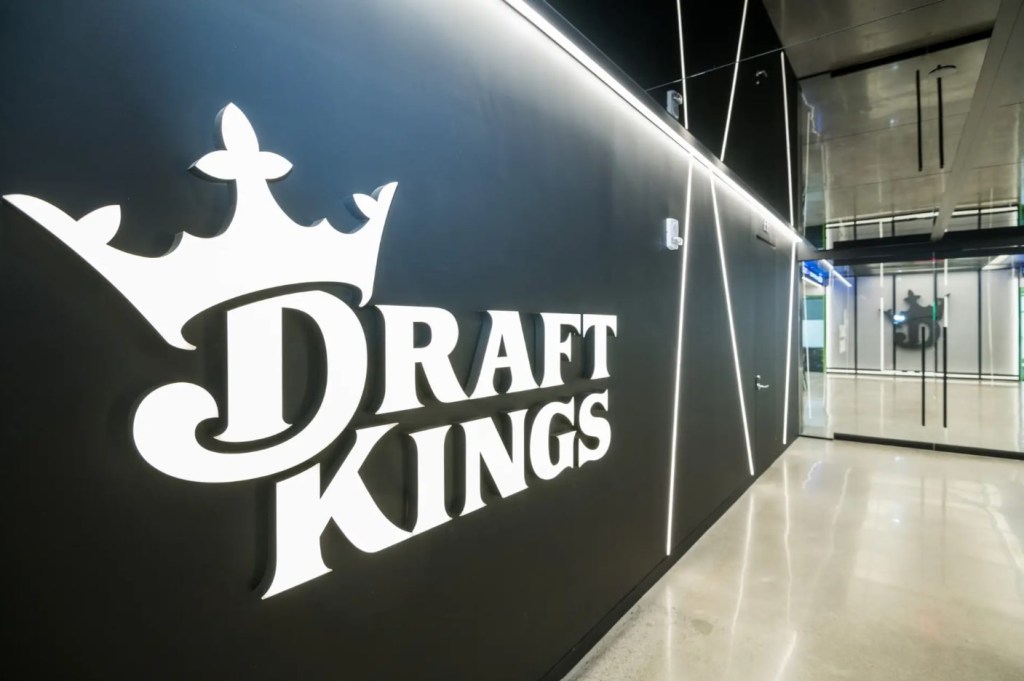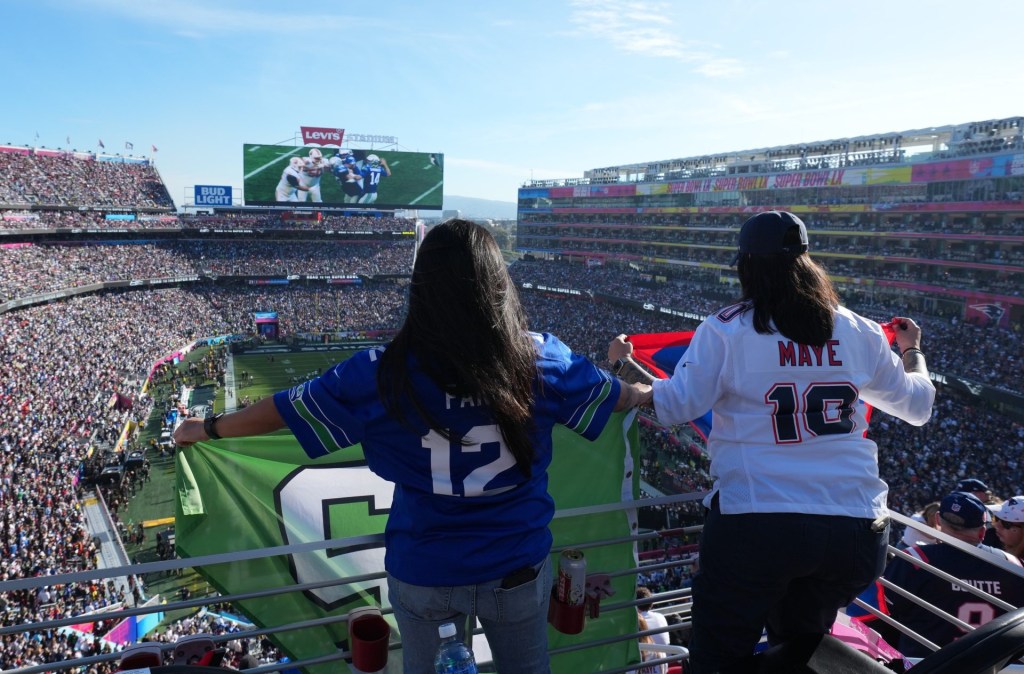The California attorney general’s declaration that daily fantasy sports are prohibited under California state law has begun to result in legal actions from users who claim operators are responsible for the losses they suffered.
Underdog Sports and Boom Fantasy were hit with separate proposed class action lawsuits in California federal court by users who lost money on their daily fantasy sports games. The nearly identical suits allege the games constitute illegal sports betting under California law.
The same attorney is behind both suits, which were filed on behalf of different lead plaintiffs. The two suits also reference the advisory opinion issued in July by California attorney general Rob Bonta that said daily fantasy sports games are considered illegal sports betting under California law. California is one of 11 states where sports betting is still completely illegal.
According to both complaints, daily fantasy sports contests offered by the companies—including pick’em and draft-style games—are “merely a digital reincarnation of illegal sports betting.” They allege that the companies “deceive consumers” by branding themselves as fantasy sports when in reality they are using that description to “mislead regulators and consumers into believing [they offer] harmless gameplay instead of unlawful sports betting.” The lawsuits each seek to certify classes of “hundreds, if not thousands” of consumers.
The suit against Underdog, filed Aug. 26 on behalf of lead plaintiff Sander Koning, says that Koning created an account after seeing advertisements on social media and television, and lost roughly $2,200 between September 2023 and August 2025. That suit says that Underdog never disclosed that the “true nature” of its daily fantasy sports games were actually “illegal sports bets.”
The suit against Boom Fantasy, filed Aug. 28 on behalf of lead plaintiff Steven Huynh, says he lost about $100 between March 2024 and March 2025.
The games in question resemble sports betting offerings such as prop bets and parlays, according to the lawsuits. For example, both suits note that the companies offer contests that are essentially prop bets, in which users “may be asked to predict whether Steph Curry will score more than 20 points, or whether Jimmy Butler will collect more than 7 rebounds, in a given game.”
If the companies had “honestly and accurately disclosed the unlawful nature” of their online platforms, the plaintiffs “would never have signed up,” according to the complaints.
The lawsuits signal more potential actions taken against these and other companies that offer daily fantasy sports in the state, both through other lawsuits on behalf of consumers or possible enforcement actions from the AGs office. Following Bonta’s July opinion—which Underdog unsuccessfully tried to stop from even coming out—the California Department of Justice told Front Office Sports it expected companies to “come into compliance with the law,” but that “any specific action beyond that is premature.” Bonta said in a television interview later that month that “the next step is our enforcement, and laws are meant to be enforced.”
Daily fantasy sports operators have been under pressure since the AG’s opinion was issued. The same day the opinion was published, a group of consumer protection law firms filed four separate proposed class actions. The defendants were FanDuel, DraftKings, PrizePicks, and Underdog.
The lawyer who filed the two new lawsuits did not immediately respond to a request for comment from FOS, nor did representatives for Underdog, Boom Fantasy, and the California DOJ.





![[Subscription Customers Only] Jul 13, 2025; East Rutherford, New Jersey, USA; Chelsea FC midfielder Cole Palmer (10) celebrates winning the final of the 2025 FIFA Club World Cup at MetLife Stadium](https://frontofficesports.com/wp-content/uploads/2026/02/USATSI_26636703-scaled-e1770932227605.jpg?quality=100&w=1024)











